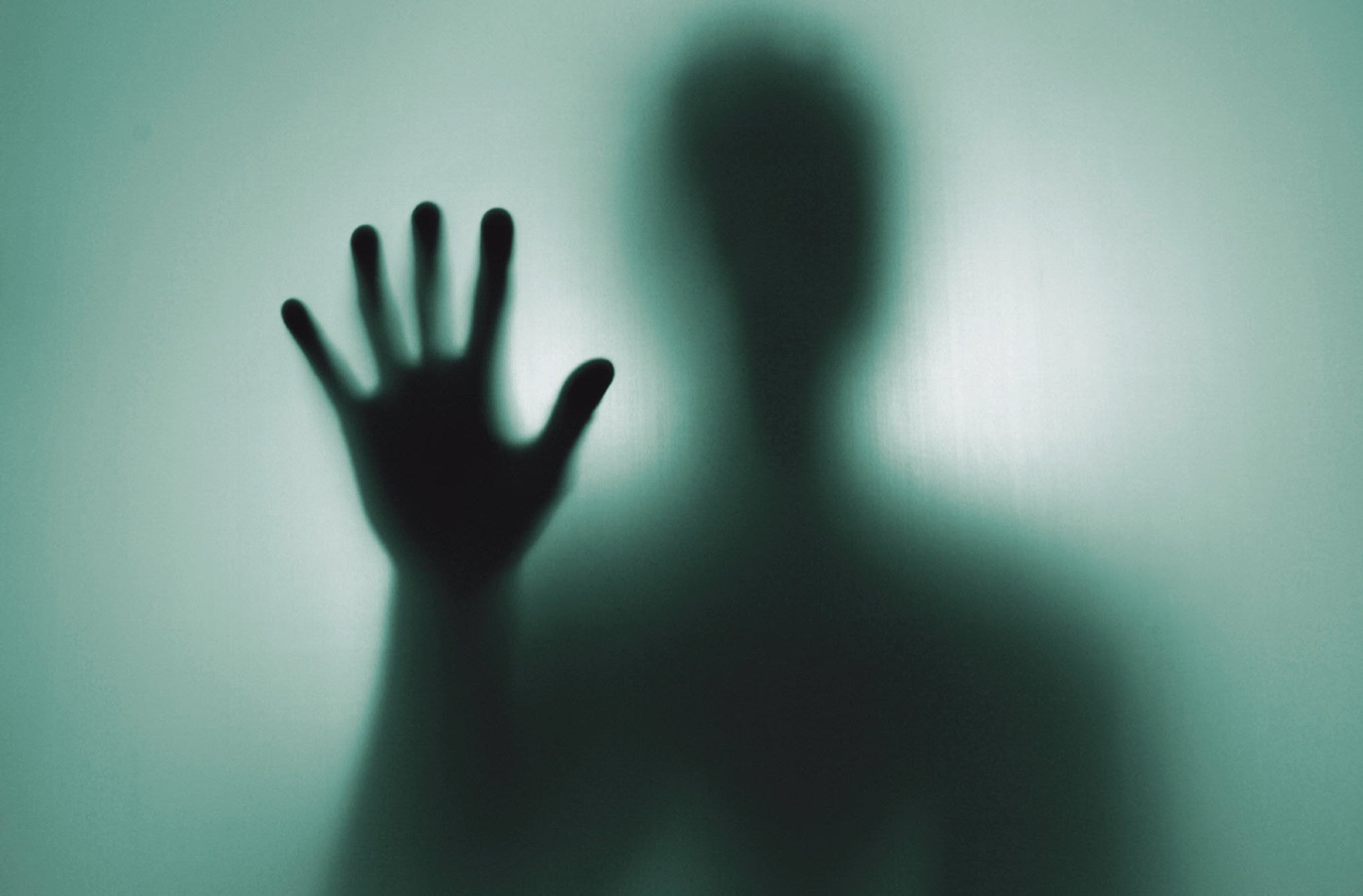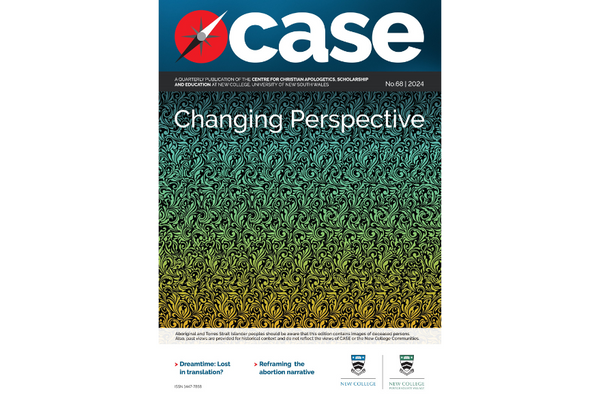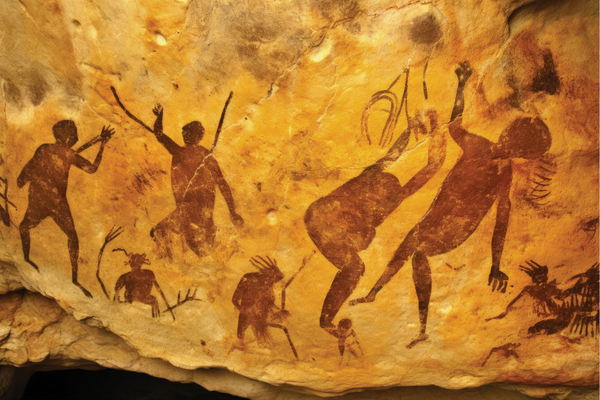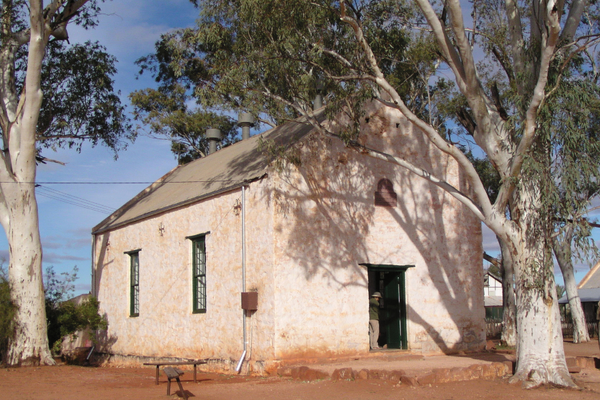Book Review: The Freedom Paradox

Clive Hamilton is well-known for his radical critique of Western capitalism and consumerism. His previous best-sellers, Growth Fetish (2003) and Affluenza (2005), argued that freemarket economics could not provide the fundamental basis for society. In The Freedom Paradox, Hamilton seeks an alternative basis for social interaction: a basis which is, like the market, internal —and therefore autonomous and nontheological— and universal, but, unlike the market, does not depend on mere calculative rationality.
Following German idealist philosophers—especially Kant and Schopenhauer—and Eastern mysticism1, Hamilton asserts that behind the phenomenal world—the world of the senses, of science and rationality— stands a more basic reality: a single, impersonal essence that unites everything. Hamilton calls this the ‘noumenon’, adapting Kant’s use of the term for the ‘thing-in-itself ’ that stands behind this world of appearances. For Hamilton, the only way to live a truly moral life is to live in harmony with this one-ness, this unity of all things. In individual humans, the noumenal expresses itself in a ‘moral self ’—an inner voice, which insists that we act consistently with the unity of all things. Living consistently with our moral self is the highest connection with reality, the greatest way to be really real—and therefore, the only way to be truly free.
The book is in five parts. Part one recapitulates Hamilton’s appraisal of how Western liberal capitalism has failed to deliver its promised ‘good life’. Despite growing affluence, super abundant choice and vast individual liberty, Western culture is beset with medical, psychological and social malaises. The presence of affluence and liberty, without the internal personal character to deal with them, leads to selfdeception, weakness of will, and vulnerability to subtle coercion. We are not truly free.
Part two establishes the need for a supra-rational basis for freedom and morality. Employing Cartesian foundationalism, Hamilton argues for the priority of an individual’s consciousness in our knowledge of the world. We can only know the phenomenal world according to our a-prior categories of space, time and causality. These categories permit rational science; but they are changeable, limited to the phenomenal world and do not provide immediate access to the unchanging noumenon. To know the noumenon—the reality behind reality— requires ‘non-sensible intuition’ (chapter 20): a form of knowledge that transcends the ordinary senses.
Part three builds a morality upon this transcendent knowledge. The moral self is the most immediate connection with the noumenal we can experience in ordinary life. It does not reason, for calculative rationality belongs in the phenomenal world. Instead, the moral self feels. It feels the noumenal connection with all things, expressed in feelings of compassion—sympathy with suffering, be it human or animal—and a desire for justice and fairness. The moral self also judges immorality. Because of the noumenal connection of all things, immoral acts injure the perpetrator as much as the victim. The moral self reminds the perpetrator of this, haunting someone who acts immorally with feelings of regret all their life.
Part four applies this moral theory to five areas: character formation in children, individual moral action, suicide, sex and the broader non-human universe. Part five reprises the arguments in the book, summarising its central assertion: only a life bound to morality is truly free. This is the freedom paradox.
The book’s foundational thesis is highly persuasive. The social pathologies that Hamilton points to are readily apparent in Western culture. His assertion of the limits of rationality is intuitively plausible, for we now recognise that humans are holistic beings—mind, emotions, will and, for the spiritually minded, even ‘soul’. The noumenal essence of all reality sums up the interconnected nature of life-sustaining systems. For whole beings to truly ‘live’, we depend on the natural environment, the built environment, our family, our community, our nation-state, geopolitics —we depend on everything!
Each chapter is short but profound; the depth of scholarship poured into each rewards slow, contemplative reading. The book is peppered with witty, insightful aphorisms. My favourite is this comment on marketing: ‘the modern consumer goes to the market a needy mass of confused and neurotic urges looking for a salve’ (p 32).
Every ethic assumes an anthropology. This book admirably refutes the notion that humans are merely pleasure-seeking biological organisms. We are fundamentally moral, relational beings, accountable to something or someone greater than ourselves, with an innate urge to have a right relationship with that superior power. But while this is the book’s greatest insight, it is also its greatest failure. Hamilton insists that the noumenal is impersonal; yet it creates in us personal attributes of love, intimacy, compassion and cravings for justice. An impersonal substance can never be an acting subject, to which we are related. It can only ever be an object, to which we may, at best, be connected.
Only a personal, moral being could create personal, moral beings—which, as Hamilton rightly asserts, is exactly what we humans observably are. Biblical Christianity provides that personal, relational ground for all reality: the Triune God, whose very being is constituted by loving inter-personal relationships.
By being human-centred, atheistic and autonomous, Hamilton’s ethic offers no redemption. It gives no hope for those who feel lost: trapped by their own immorality, victims of other people’s wickedness and terrified by a crazy, broken world. According to Hamilton, each person’s moral journey is theirs alone. We cannot enact morality for someone else—regardless of how compassionate we feel—and there is no God to do this. This can only motivate those who are already strong and competent; it provides no comfort for the weak. Hamilton’s ethic can only appeal to those who already possess ethical character.
From a biblical perspective, this disqualifies everyone, for a comparison of the character of the most ethical of humans with the character of God leads to the inevitable conclusion of the Apostle Paul: ‘There is no one righteous, not even one’ (Romans 3:10). Even Hamilton’s ‘avatars of virtue’ (chapter 32) are flawed. Hamilton turns this failure into a virtue: ‘the avatars are human … [while] Christ … seems distant and ethereal’ (p 168). But this assumes that to err is human. What if it is sub-human? What if Christ, in his moral obedience to God the Father, is actually the paradigmatic human (Romans 5:12-21)? If this is true, then an autonomously derived, self-defining morality like Hamilton’s is both a failure, and an immoral affront to God.
It is also an affront to God’s way of making us moral beings. We do not need greater consistency, we need to be redeemed and renewed. The biblical testimony is that God did this himself, on our behalf, out of love and compassion. Christ’s death and resurrection were the highest point of his moral obedience to the Father. They are also our redemption and renewal. Christ redeems us: through him, God embraces us immoral ones in a manner that also satisfies his personal morality. And Christ renews us: he gives broken, flawed, immoral people the power and motivation to live an ethical life. The only way we can be truly free is to accept our moral self as a free gift from God, wrought by his Son in his death and resurrection for us. This is the true freedom paradox.©
Kamal Weerakoon is undertaking multicultural ministry at Merrylands East Presbyterian Church while completing his studies at the Presbyterian Theological Centre.
E N D N O T E
1 Hamilton baulks at the term ‘mysticism’ and prefers to term it eastern philosophy.
Leave a comment
Comments will be approved before showing up.



